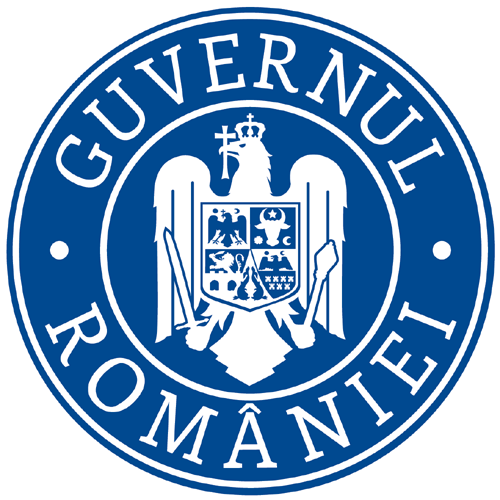Acest proiect are ca temă realizarea unei baze de date cu documentele neoficiale despre romii din Europa,în special din Europa de Est. Scopul proiectului constă în culegerea informaţiilor privind romii din Europa, din diferite surse disponibile în format electronic, şi clasificarea acestora pentru a le pune la dispoziţia cercetătorilor şi a altor părţi interesate. În anul 2011 s-a început colectarea de informaţii produse la toate nivelurile de guvernare, de către mediul academic, cel de afaceri şi industrie, publicaţii care nu sunt controlate de către edituri în scopuri comerciale. Datele (242 de articole) sunt publicate într-o bază de date online cu un motor de căutare. Precizăm că această bază de date nu este exhaustivă şi ea se află într-o continuă dezvoltare. Pentru sesizarea erorilor posibile sau alte observaţii, vă rugăm contactaţi-ne prin e-mail la: pzsuzsa_2000@yahoo.com .
Coordonatori de proiect: Plainer Zsuzsa. Toma Stefánia
Participanti: Bokor Zsuzsa, Iulius Rostas
Titlu: Roma Children in \"Special Education\" in Serbia. Overrepresentation, Underachievement, and Impact on Life
Instituție: Open Society Foundations
An: 2010
Domeniu: education
Țări: Serbia
Subiect: children , education
Type: report
Languages: English
This Open Society Foundations study provides, for the first time, a comprehensive picture of the overrepresentation of Roma within special education in the Republic of Serbia. Roma make up approximately 30 percent of the children within special education in the Republic of Serbia, yet they constitute at most 6 percent of the total population. It is clear that the vast majority of these children do not belong in special education. Roma Children in \"Special Education\" in Serbia also reveals that discrimination, bullying, and prejudice are strong factors in Roma children’s placement within the special education system. It demonstrates that special education is a loosing propositon for young people: they cannot further their education, or be gainfully employed. Clearly, this is also a lOpen Society Instituteng propOpen Society Institutetion for the state, which uses up money in their support of this parallel system. The report makes concrete, constructive and specific recommendations – important not only for the government, but also for local self-governments, schools, civil society organizations and experts, as well as for the international audience of researchers and policymakers.
New Search Înapoi

